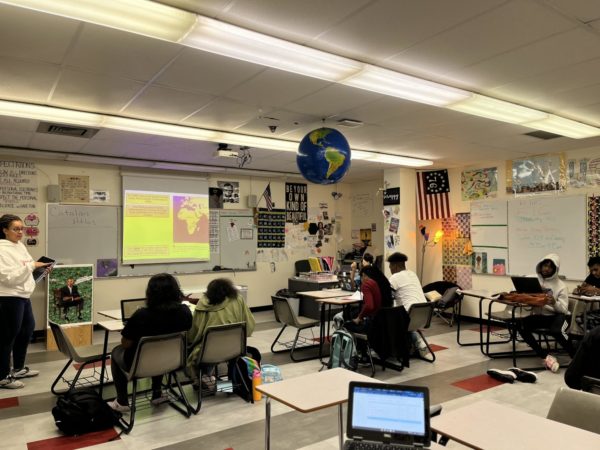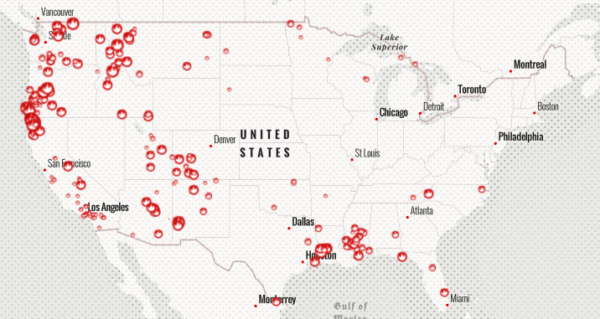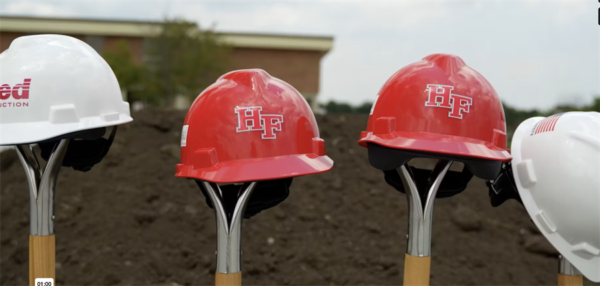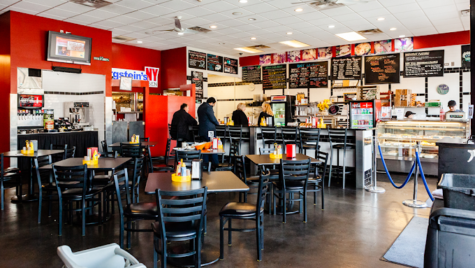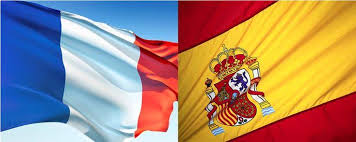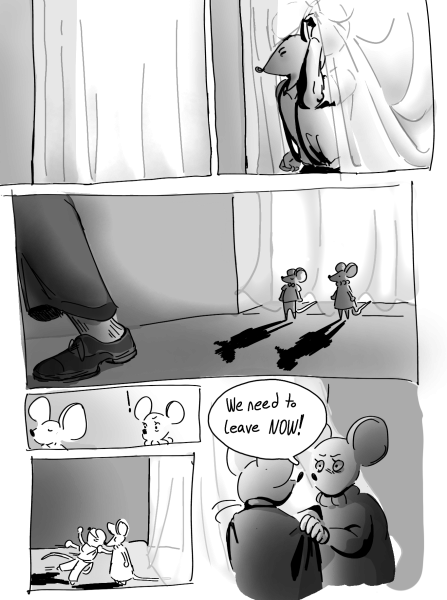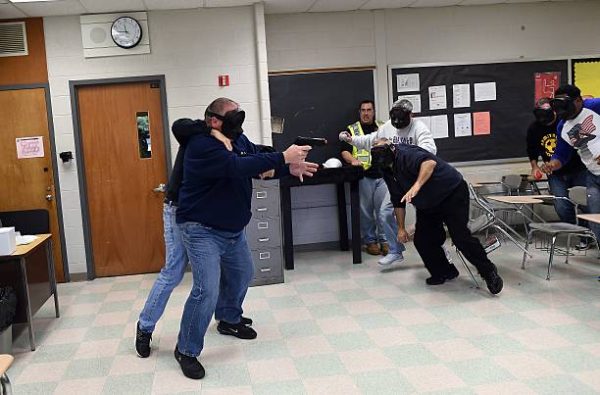How to actually recycle
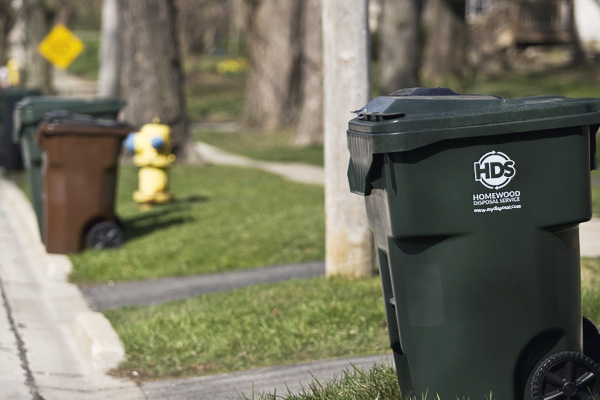
Landfill and recycling bins lined up at the curb
Recycling is something most people don’t think much about. You put paper, plastic, metal and glass in a different color garbage can from the landfill and the green truck that comes around once a week makes it disappear. Rarely does one wonder where their plastic cartons or junk mail goes.
However, according to Columbia Climate School, “many items that are collected, such as plastic straws and bags, eating utensils, yogurt and takeout containers often cannot be recycled. They usually end up being incinerated, deposited in landfills or washed into the ocean.”
This is especially devastating because “Landfills emit carbon dioxide, methane, volatile organic compounds and other hazardous pollutants into the air. And our oceans are drowning in plastic waste,” Columbia Climate School continued.
Recycling also isn’t as funded as it should be by local governments. According to the Environmental Protection Agency (EPA), “Recycling conserves natural resources, strengthens our economy and creates jobs.” In fact, the EPA cited that 681,000 people had jobs in recycling in 2020, and yet it is a service that is forced to compete for funding with schools, fire departments, policing etc, and often loses funds because of this.
With so much contrasting information and so many exceptions to some presumably hard-and-fast rules, it can be difficult to figure out how to recycle correctly. So, this is how to recycle all the different types of recyclable goods so that you can help save the planet and keep materials out of landfills and the ocean.
To begin, there are a few rules that you should always follow, with no exceptions. Make sure recycling is mostly free of liquid or food residue, especially paper, and make sure you don’t recycle plastic bags or bag your recyclables. Plastic, metal and glass should be mostly clean to avoid contaminating paper products, since paper is recycled by being shredded and mixed with water to form a slurry which will then be used to make new paper. Oil and fat from food products such as greasy pizza boxes will make that slurry greasy and unusable.
Also, if you are unsure whether you can recycle an item or not, don’t. If you recycle a contaminated item, it is worse for the environment to recycle those products than just putting that item in the landfill, since it might contaminate large amounts of other recyclables at the plant and they will have to be disposed of.
Aluminum foil and containers can only be recycled if they are mostly free of food residue. You may rinse it if there is no grease or burnt-on food, and it is suggested you scrunch foil into a ball before recycling. Aluminum, tin and metal cans can be recycled if you rinse the cans before recycling. You cannot recycle aerosol cans, large pieces of scrap metal, electronics or batteries.
Plastic bottles and containers should be rinsed and you should leave bottle caps on those bottles to recycle. You cannot recycle clothes hangers, prescription bottles, plastic cups or plastic grocery bags.
You should always rinse glass bottles and jars, and you cannot recycle Christmas lights or any light bulbs or window glass.
Milk, juice, broth and all other cartons should be rinsed, and the cap should be removed.
As for paper, you can recycle file folders, office paper (you cannot recycle shredded paper), any envelopes, junk mail, magazines, newspapers, catalogs, flattened cardboard boxes, paperboard boxes, phone books and paper bags. If paper is stapled together, remove those staples before recycling and, as with all recyclables, make sure they are clean. For example, you cannot recycle greasy pizza boxes or coffee-stained paper.
Styrofoam, garden hoses, food waste or residue and ceramics cannot be recycled, and are some of the top common recycling mistakes according to Homewood Disposal Service.
This may sound overwhelming, but as long as you remember to recycle paper, cardboard, plastic, cartons and some metal, make sure that they’re clean and not bagged and follow the directions above for specific items, you are contributing to the conservation of natural resources, saving energy, preventing waste from polluting oceans as well as many, many other benefits.




